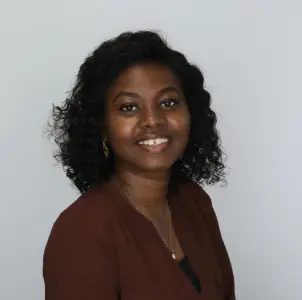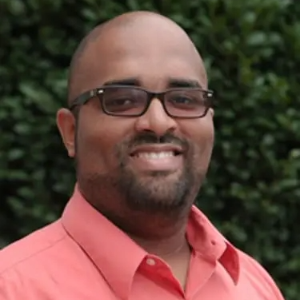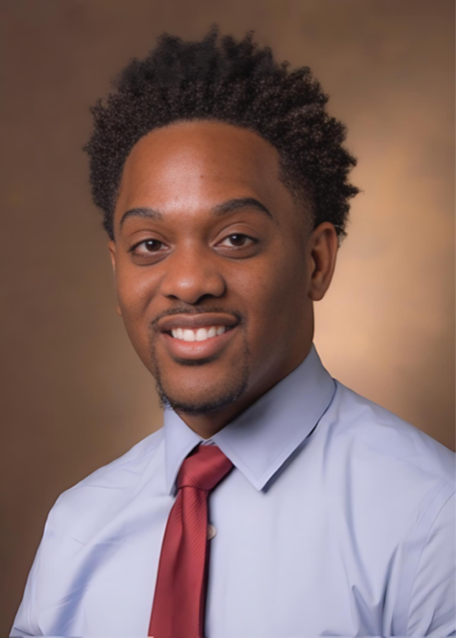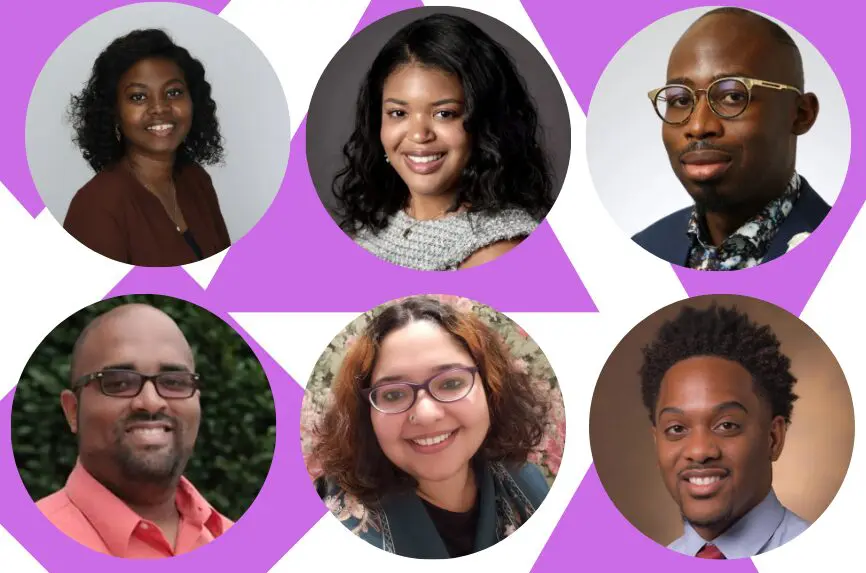Sadler Scholars
The Hastings Center Sadler Scholars are a select group of doctoral students interested in bioethics research careers. Admission is by application. All events are remote.
For the 2025-26 cohort, we invited new applications from doctoral students from any field whose bioethics research focuses on the ethical, legal, and social implications (ELSI) of human genomics. We also created a new opportunity for project-focused mentoring, open to Sadler Scholars from previous cohorts.
Stipends for new Sadler Scholars are provided by The Hastings Center for Bioethics through the Blair and Georgia Sadler Fund for Socially Just Health Policy. The Sadler Fund also supports expert advisors to this initiative, who serve as mentors to Sadler Scholars. The Center for ELSI Research and Analysis (CERA) provides support for Sadler Scholars programmatic collaboration with CERA’s ELSIhub, which provides special opportunities for Sadler Scholars with ELSI research interests.
Together, Sadler Scholars and mentors are building a community of next-generation bioethics researchers. It is an honor to welcome our new cohort each year.
Cohort 5 includes two new Sadler Scholars who are also CERA Fellows, reflecting their ELSI research interests:
2025-2026 Sadler Scholars

Blessing Adewuyi
Religion, University of Georgia
About me: My doctoral research, drawing on bioethics, African Studies, religion, and science, examines how personhood and what it means to be human are shaped and reshaped by human enhancement technologies, especially genetic engineering as an emerging technology. My professional goal is to integrate African value systems into global bioethics discourse. I am particularly interested in how African ethical frameworks, grounded in communal ethics, relational personhood, and indigenous value systems, can enrich responses to the ethics of emerging technologies
My bioethics research interests: As a Sadler Scholar and CERA Fellow, I aim to explore how ethical frameworks grounded in African value systems can inform ethical governance of human genomics research in Africa and other communities. Africa holds the greatest genetic diversity globally, making it a focus for global human genomics research, yet the regulatory landscape across many African countries remains underdeveloped. The development of governance models for genomics research that reflect African perspectives can guide informed consent, data stewardship, benefit-sharing, and community engagement, ensuring that genomics research in Africa advances science while respecting community rights and dignity.

Victor Ekuta
Neurology resident, Morehouse School of Medicine
About me: I am a neurology resident and physician-scientist whose research focuses on disparities in neuroimaging biomarkers for Alzheimer’s disease. Black populations face significantly greater risk of developing Alzheimer’s disease. Using data from the Alzheimer’s Disease Neuroimaging Initiative (ADNI), I am analyzing how racialized differences in biomarker expression, access, and interpretation may contribute to underdiagnosis or misclassification of Alzheimer’s disease in Black populations. More broadly, I am interested in understanding the ethical limitations of widely adopted neurodiagnostic tools.
My bioethics research interests: As a Sadler Scholar and CERA Fellow, I hope to sharpen the ethical framing of this work and explore its relevance to genomic precision medicine, biomarker development, and the development of policies governing the use of genomic tools and neurodiagnostics across different populations. In my work as a resident physician and in my scientific research, I want to develop deeper ties to interdisciplinary bioethics communities, and to engage deeply with mentors and peers who understand the ethical stakes of my work and can help me refine its conceptual and societal impact and to grow as a physician-scientist.
Cohort 5 also includes 4 returning Sadler Scholars for mentored work on projects:

Asmita Aasaavari (Cohort 4) is completing her doctorate in sociology at the University of Connecticut.
Her project mentor for 2025-26 is Nancy Berlinger, a research scholar at The Hastings Center for Bioethics.
Her project will focus on drafting two manuscripts on aging and care based on her dissertation data.

Calvin Bradley, Jr. (Cohort 1) is the Director of Education in the Department of Patient Counseling at Virginia Commonwealth University.
His project mentor for 2025-26 is Associate Professor Jalayne Arias of the School of Public Health at Georgia State University.
His project will focus on research and program development in rural communities, specifically adolescent and young adult health.

Donald Carter (Cohort 2) is Assistant Professor of Bioethics and Professionalism at Mercer University School of Medicine.
His project mentor for 2025-26 is Associate Professor Keisha Ray of the Center for Humanities & Ethics, McGovern Medical School, UT Health Houston.
His project will focus on developing a framework for bioethics education in HBCUs, building on his prior publication in the Hastings Center Report.

Kimberlyn Ellis (Cohort 4) is a doctoral candidate in Human Genetics at the Vanderbilt Genetics Institute, where she is co-advised by Jennifer (Piper) Below and Ellen Wright Clayton. Kimberlyn was the inaugural CERA Fellow in 2024-25.
Her project mentors for 2025-26 are Erik Parens and Virginia Brown, research scholars at The Hastings Center for Bioethics.
Her project will focus on developing early conceptual work rethinking the framing of race and genetic ancestry in genomic research and public conversation.

